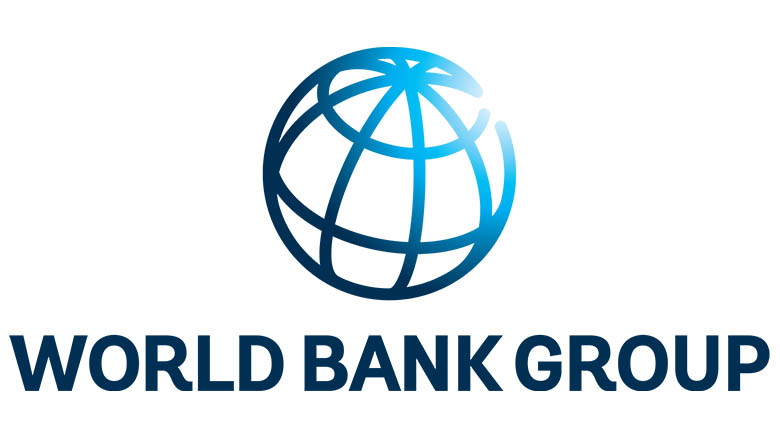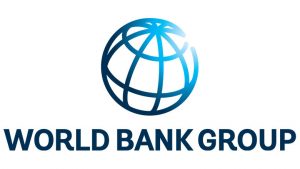The World Bank on Tuesday upgraded its economic growth forecast for Nigeria in 2021 to 1.8 per cent, citing higher oil prices, structural oil sector reforms, and market-based flexible exchange rate management.
This represents a 0.7 percentage point increase from the 1.1 per cent projected by the World Bank in January. The new forecast was contained in the World Bank’s latest Global Economic Prospects titled, “Global Recovery Strong but Uneven as Many Developing Countries Struggle with the Pandemic’s Lasting Effects”.
“Growth in Nigeria is expected to resume at 1.8 per cent in 2021 and edge up to 2.1 per cent next year, assuming higher oil prices, structural oil sector reforms, and market-based flexible exchange rate management”, the World Bank said.
The World Bank also upgraded its economic growth forecast for the Sub Saharan Africa region to 2.8 per cent from 2.7 per cent projected in January.
It stated: “Growth is forecast to resume to 2.8 per cent this year and firm to 3.3 per cent in 2022, underpinned by stronger external demand, mainly from China and the United States, higher commodity prices, and containment of COVID-19.
“Procurement and logistical challenges are expected to continue hobble the pace of vaccination despite the provision of vaccines by COVAX.
“Policy uncertainty and the lingering effects of the pandemic are expected to delay major investments in infrastructure and extractives and to weigh on the recovery (Central African Republic, Equatorial Guinea, Niger, Kenya).
“Per capita income levels in 2022 are expected to be four per cent lower on average than in 2019. Conditions in the region’s fragile and conflict-affected countries are expected to be particularly challenging; their average output level in 2022 is forecast to be 5.3 per cent below its size in 2019.”
Citing food insecurity, drop in oil price and rising conflicts as possible risks to economic growth in the region, the World Bank said: “While some countries (Ghana, Nigeria, South Africa) are upgrading national vaccine distribution systems, procurement and logistical hurdles in many other countries could further slow vaccinations.
“An oil price drop could dent revenues for some oil exporters. Food insecurity remains a key risk as food prices have risen by more than 20 percent early this year in Angola, Ethiopia and Nigeria. Flood and drought could also destroy crops, exacerbate food price inflation, and further weigh on household consumption.
“Rising conflicts could weaken recoveries. A sudden rise in sovereign borrowing costs could instigate financial pressures in some countries and high debt burdens and fiscal pressures could become more acute.
“At the same time, the pace of vaccinations could surpass expectations, restoring consumer and business confidence and strengthening the recovery. A stronger-than-expected rally in metal and oil prices could boost revenues”.



